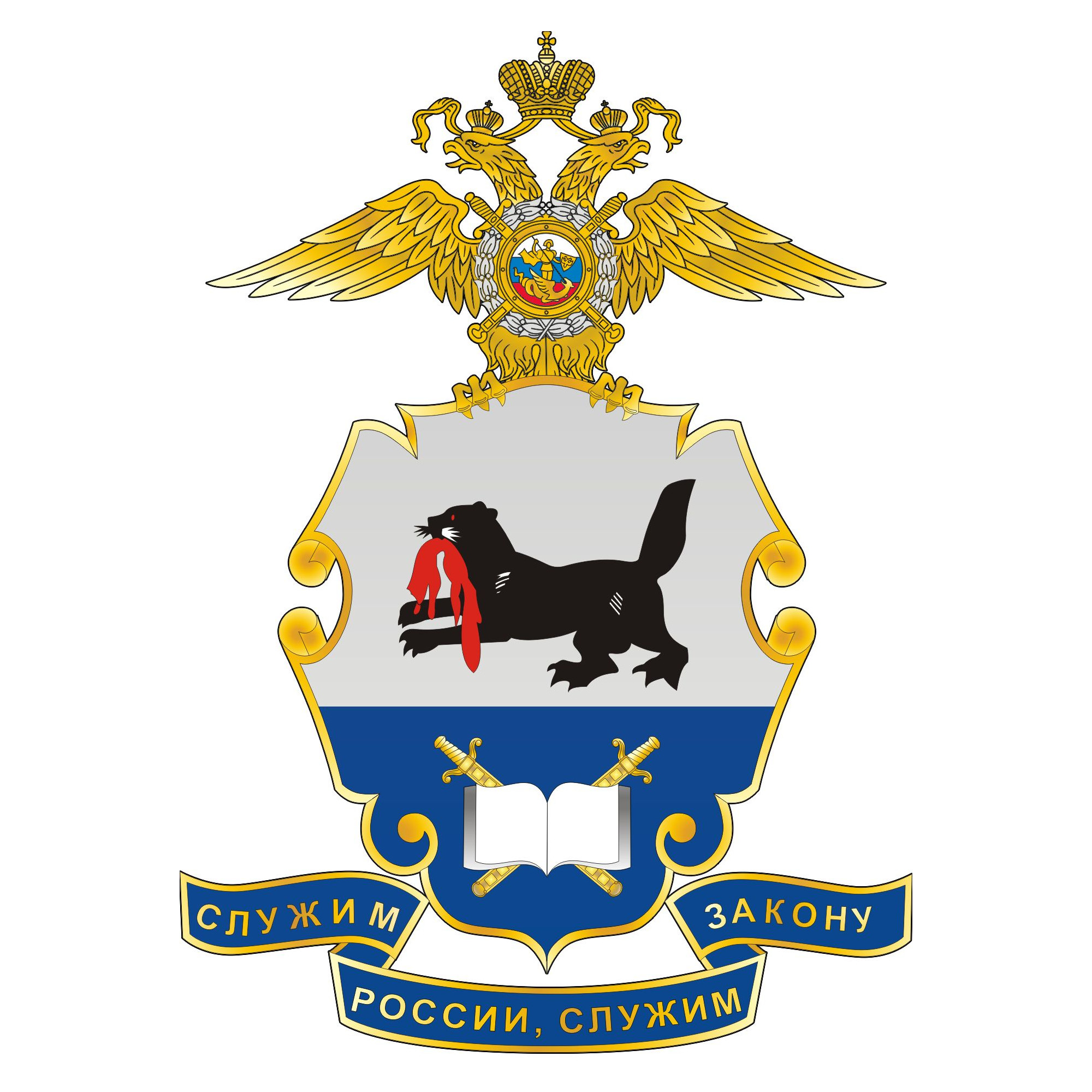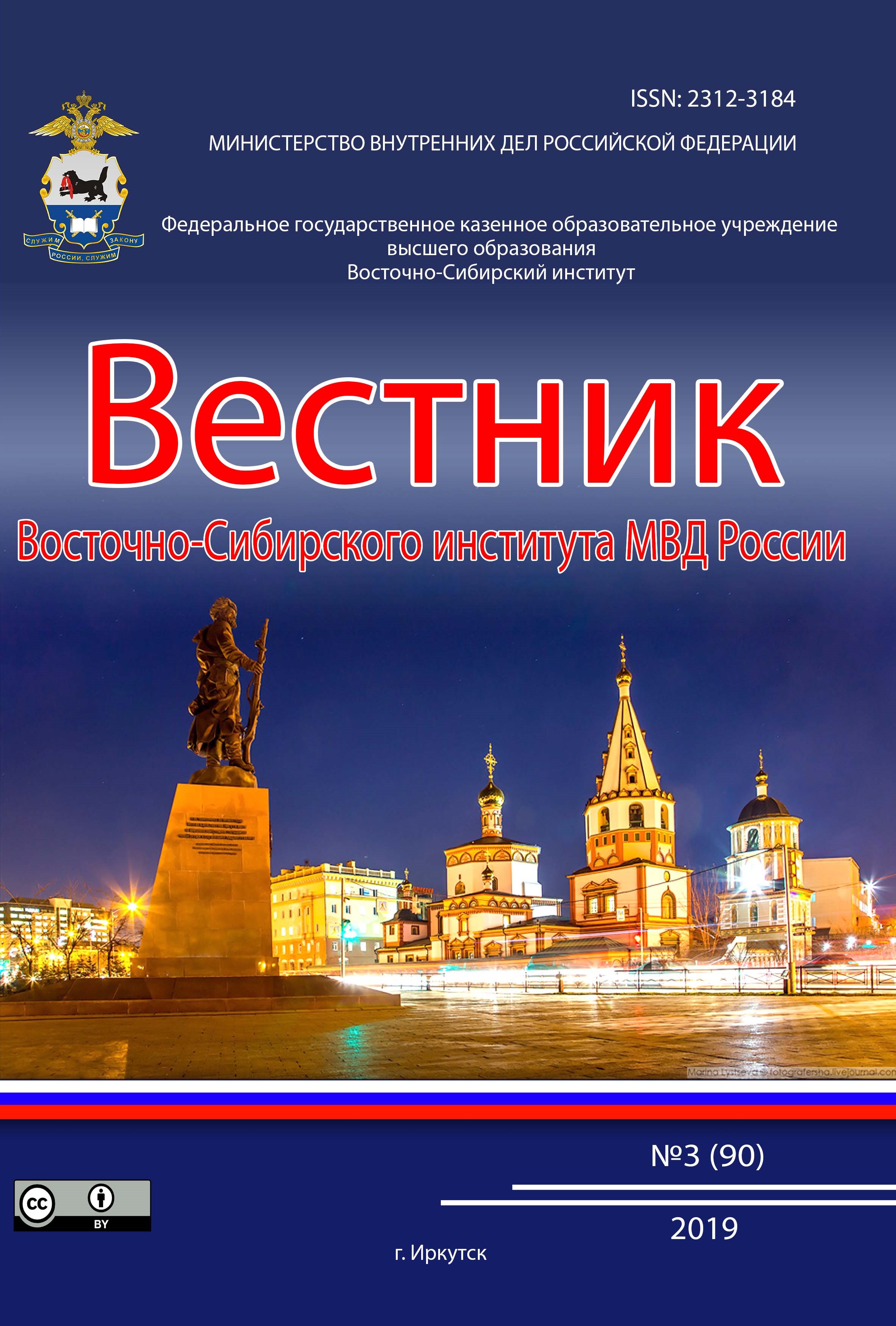Azerbaijan State Pedagogical University (lecturer)
employee
SHEKİ, Azerbaijan
Introduction: The intention of the author is directed to the study of the genesis and evolution of tasks and principles of the criminal law of Azerbaijan. A short historical excursion is conducted, official and other documents related to the tasks and principles of criminal law are explained and analyzed. Special attention is paid to legal acts regulating legal relations related to state coercion, as well as documents revealing the ideological basis of punishment. The historical and legal facts about the application of the general principles of punishment in the studied region, as well as about the narrowing of the scope of the death penalty are given. Materials and Methods: The normative legal basis of the research was compiled by the normative legal acts of the Russian Empire, the ADR, and the Azerbaijan Republic. Documentary basis of research expanded by decree reports, reports, relations, prescriptions and proposals of imperial officials. The theoretical basis was served by the works of legal scholars. The general dialectical method of scientific knowledge, methods of empirical and theoretical character (descriptions, formalizations, comparisons, analysis, generalizations, deductions and inductions, hypotheses), as well as special-legal methods (formal-legal, comparative-legal) served as the methodological basis of the research. The Results of the Study: The results of the research allowed us to offer the author's position on the spread of the all-Russian criminal legislation in Transcaucasia, its legal grounds and positive consequences, as well as on the types of acts for which the death penalty was established as the highest measure of state coercion. Findings and Conclusions: Based on the analysis of the content of historical legal acts, it is possible to conclude that the imperial criminal legislation was extended to this region after the accession to Russia, including the general principles of punishment. The scope of the death penalty was narrowed, and as an exceptional measure of punishment it could only be established for crimes against life, public safety, state security, and peace and human security.
Republic of Azerbaijan, legal regulation, criminal law, objectives, principles, criminal act, punishment.
1. Sigalov, K. E. Prostranstvenno-vremennoj kontinuum prava [The space-time continuum of law]. Pravo i obrazovanie – Law and education. 2007, no. 6, pp. 59 – 70.
2. Malinovskij, A. A. Principy ugolovnogo prava: sravnitelno pravovoj analiz [Principles of criminal law: comparative legal analysis]. Sravnitelnoe pravovedenie – Comparative Jurisprudence. 2008, no 4, pp. 27–30.
3. Dəmirli, M. Ə., Ələsgərli, Ə. R. Azərbaycan huquq tarixi: cinayət huququ (qədim zamanlardan 1920-ci ilədək). Baki: Azərnəsr, 1999, 204 p.
4. Sokolova, V. S. Opyt morfologicheskoj transkripcii i perevod [The experience of morphological transcription and translation]. St. Petersburg. 2005, 544 p.
5. Mamedova, F. D. Politicheskaya istoriya i istoricheskaya geografiya Kavkazskoj Albanii (III v. do n.e. – VIII v. n. e.) [Political history and historical geography of Caucasian Albania (III century BC – VIII century AD)]. Baku, 1986, 284 p.
6. Grafskij, V. G. Vseobshaya istoriya prava i gosudarstva: Uchebnik dlya vuzov [The Universal History of Law and the State: Textbook for universities]. Moscow, 2007, 752 p.
7. Musayev, Ə. Qurani kərim. Baku: Din, 2015, 467 p.
8. Dashkov, G. V. [The Great Yasa of Genghis Khan in the fight against crime in Russia] Aktualnye problemy sovremennoj yuridicheskoj nauki i praktiki: materialy Mezhdunarodnoj nauchno-prakticheskoj konferencii: k yubileyu doktora yuridicheskih nauk, professora, zasluzhennogo yurista RF Yuriya Ilicha Skuratova [Actual problems of modern legal science and practice: proceedings of the International Scientific and Practical Conference: on the anniversary of Doctor of Law, Professor, Honored Lawyer of the Russian Federation Yuri Ilyich Skuratov]. Ulan-Ude, 2018, pp. 63–66.
9. Berge, A. P. Akty, sobrannye Kavkazskoj arheograficheskoj komissiej: V 12 t. T. 3 [Acts collected by the Caucasian Archaeological Commission: In 12 volumes, vol. 3] 1869, 767 p.
10. Gegel, G. Filosofiya religii [Philosophy of religion]. Moscow, 1975, 532 p.
11. Minnikes, I. V., Salamov, N. M. Razvitie norm i institutov ugolovnogo prava v Zakavkaze v nachale XIX veka [The development of norms and institutions of criminal law in Transcaucasia in the early 19th century]. Vserossijskij kriminologicheskij zhurnal – All-Russian Journal of Criminology. 2021, no. 6, pp. 766–774.
12. Berzhe, A. P. Akty, sobrannye Kavkazskoj arheograficheskoj komissiej [Acts collected by the Caucasian Archaeological Commission]. 1870, 1019 p.
13. Imennoj, dannyj Senatu «Ob unichtozhenii pytki» // PSZRI. Sobr. 1. SPb., tip. 2-go otdeleniya SEIVK [The nominal one given to the Senate "On the abolition of torture" // PSRI. Sobr. 1. SPb., type. of the 2nd department of SEIVK], 1830. No 20022.
14. Imennoj ukaz, dannyj Senatu, «O uchrezhdenii vnutrennego v Gruzii upravleniya». S prilozheniem manifesta k gruzinskomu narodu, postanovleniya vnutrennego upravleniya Gruzii i shtata. 12 sentyabrya 1801 g. PSZRI. Sobr. 1. SPb., tip. 2-go otdeleniya SEIVK [The nominal decree given to the Senate "On the establishment of internal Administration in Georgia". With the attachment of the manifesto to the Georgian people, the resolutions of the Internal Administration of Georgia and the state. September 12, 1801 // PSZRI. Sobr. 1. SPb., type. of the 2nd department of SEIVK], 1830. No 20007.
15. Monteske, Sh. Izbrannye soobsheniya [Selected messages]. 1955, 800 p.
16. Azərbaycan, Xalq Cumhuriyyəti (1918-1920). Parlament (Stenoqrafik hesabatlar). I cild. Baki: Azərbaycan nəsriyyati, 1998, 975 p.
17. Əliyev, Heydər. Müstəqilliyimiz əbədirir. B.: Azərnəşr, 2006, 528 p.













